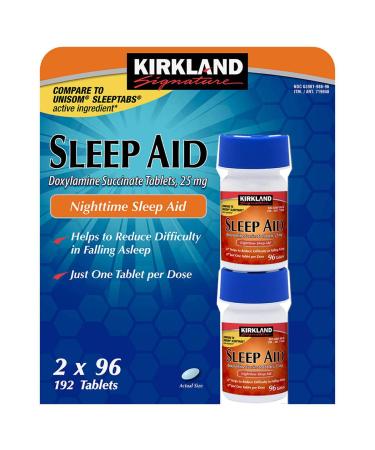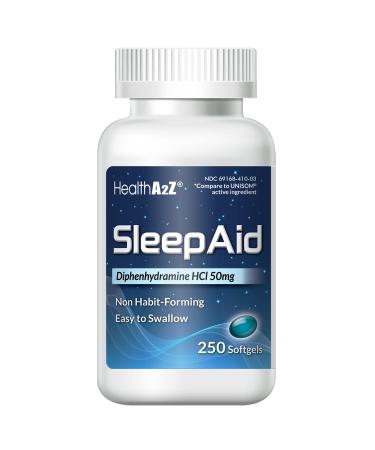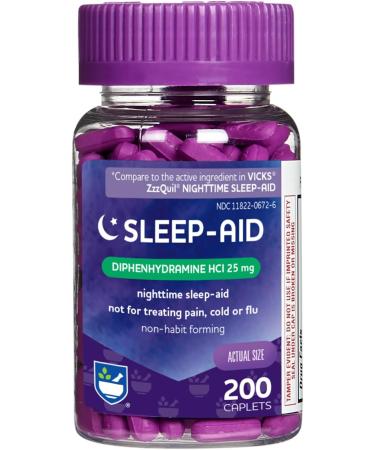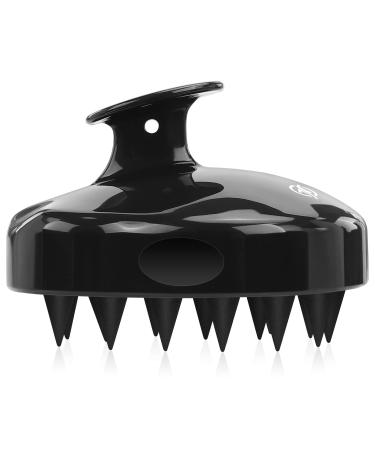Why can't I sleep
Just don't read this before bed, it could keep you awake
From work to kids to more work, your days can be downright exhausting. So why on earth can't you sleep at nightWith more than 1/3 of Americans reporting some form of occasional sleeplessness, there is no one clear answer. Below are some of the most common reasons people have trouble sleeping and ways you can get more of those Z's.
- Shut your brain off. And your phone, while you're at it.
Stress, anxiety and thoughts of what you did during the day can keep your brain going at night. Watching TV or scrolling through your phone, may make you feel like you're unwinding from it all, but the light only keeps your brain stimulated. To truly destress in the hours before bed, turn electronics off. Begin a routine that helps clear the mind and promotes relaxation, such as yoga, reading a calming book, soaking in warm bath or listening to soothing music.
- Fall asleep and wake up at the same time every day.
Did you know we each have our own, personal 'sleep clock'Known as 'circadian rhythm,' this internal clock sends signals to your body when it's time to fall asleep and when it's time to wake up. When you frequently fall asleep and wake up at different times, you disrupt your sleep clock, making it harder to get a good night's sleep in general.
The good news is, if you've sent your sleep clock out of whack, you can reset it by falling asleep and waking up at the same time every day. Yes, even on weekends.
Doing so will strengthen your body's circadian rhythms, helping to keep this sensitive 'sleep clock' synchronized, promoting a sufficient amount of sleep on a regular basis.
- Avoid caffeine in the afternoon and at night.
If you're a caffeine drinker, it could very well be the culprit behind your sleeplessness, especially if you drink it later in the day. Limit your caffeine intake to 4 cups a day, and don't partake in the pick-me-up passed 2 pm. Be cautious of 'hidden' caffeine, too, in foods such as chocolate, protein bars, energy waters and, yes, even decaf coffee!
- Skip the nightcap.
Drinking alcohol is one of the more common ways people unwind at the end of the day. As a depressant, alcohol can make someone feel like they're relaxed, helping them to fall asleep. But once it metabolizes and washes out of the body, they are more likely to wake back up. This alertness tends to strike in the second half of the night, which is when you would normally be in the period of deepest sleep in your sleep cycle, the REM cycle. Missing out on REM sleep can worsen daytime sleepiness - which is why you feel that you're dragging after drinking the night before.
- Sleep in a room that's completely dark.
Exposure to light at night tricks your body into thinking it's daytime, which affects your 'circadian rhythm.' Even a small amount of light in your bedroom can signal your body to wake up. Keep the TV out of the bedroom altogether, lose the lighted alarm clock and get black out curtains, to block the illumination from the street lights.









![Stewart Freeze Dried Dog Treats Made in USA [Single Ingredient Puppy and Dog Training Treats - Grain Free Natural Dog Treats] Resealable Tub to Preserve Freshness - Buy Online on GoSupps.com](https://www.gosupps.com/media/catalog/product/cache/25/small_image/375x450/9df78eab33525d08d6e5fb8d27136e95/6/1/61gwbbixarl._ac_sl1500_.jpg)







